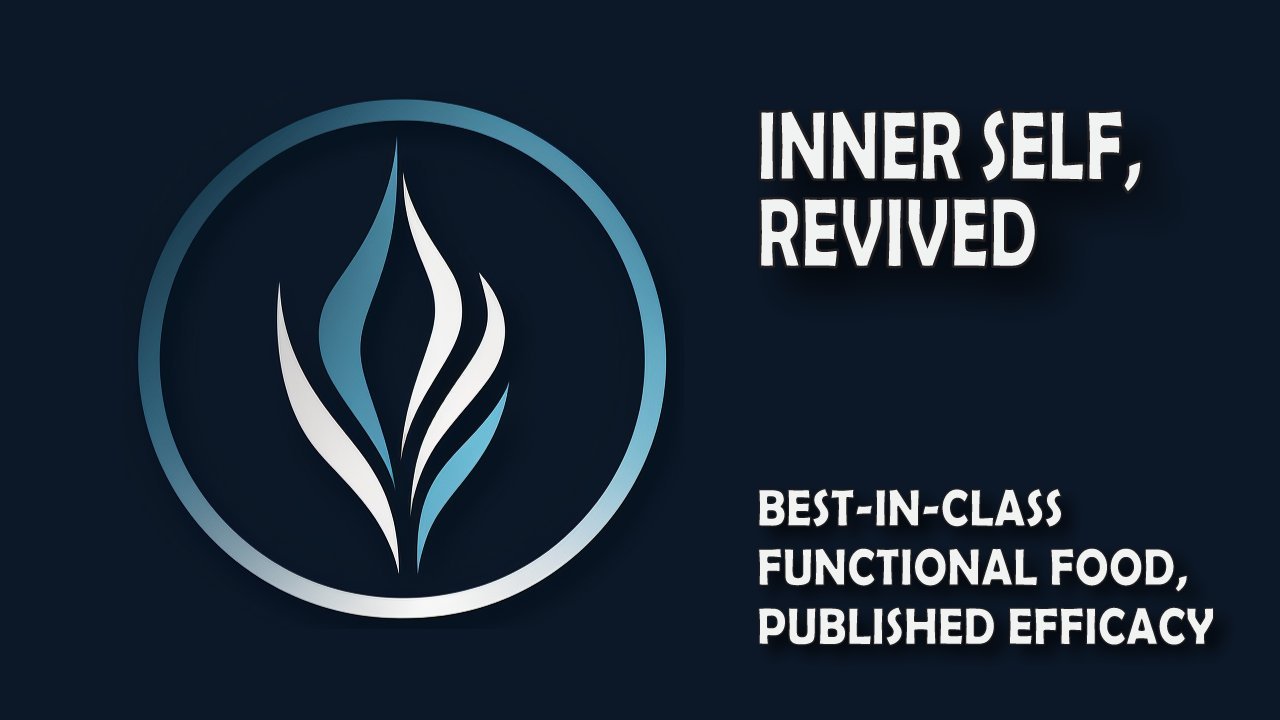
If you are what you eat, then ignoring a balanced diet can lead to serious consequences. When you don't prioritize a variety of nutrients, your body suffers. You risk nutrient deficiencies, weight fluctuations, and a weakened immune system. Chronic diseases and fatigue may also become unwelcome guests.
Skin and hair problems, as well as digestive issues, can also arise. Ignoring a balanced diet can disrupt your body's harmony and leave you feeling less than your best.
Key Takeaways
- Nutrient deficiencies can impact growth and cognitive function, leading to stunted growth and delayed milestones.
- Ignoring a balanced diet can result in significant weight gain or loss, depending on the consumption of excessive processed and high-calorie foods or inadequate food intake.
- Neglecting a balanced diet weakens the immune system, making the body more susceptible to infections and illnesses.
- Ignoring a balanced diet increases the risk of chronic diseases such as heart disease, diabetes, and certain types of cancer, as unhealthy dietary choices compromise the body's optimal functioning.
Nutrient Deficiencies
When you ignore a balanced diet, you may experience significant deficiencies in essential nutrients. These deficiencies can have a profound impact on growth and cognitive function. Without adequate nutrients, your body may struggle to grow and develop properly, leading to stunted growth and delayed milestones.
In terms of cognitive function, nutrient deficiencies can impair memory, concentration, and overall brain function. For example, inadequate intake of omega-3 fatty acids, commonly found in fish, has been linked to decreased cognitive function. Similarly, insufficient iron intake can lead to cognitive impairments and developmental delays, particularly in children.
Therefore, it's crucial to prioritize a well-rounded diet to ensure that your body receives the necessary nutrients for optimal growth and cognitive function.
Weight Gain/Loss

Ignoring a balanced diet can lead to significant weight gain or loss, depending on your dietary choices and habits. If you continue to consume excessive amounts of processed and high-calorie foods, you may experience unwanted weight gain, while inadequate food intake may result in unintended weight loss.
In addition to dietary choices, exercise habits play a crucial role in weight management. Lack of physical activity can contribute to weight gain, while regular exercise can aid in weight loss and weight maintenance.
It's important to note that weight fluctuations can also impact your mental health. Unintended weight gain or loss may lead to feelings of frustration, low self-esteem, or body image issues.
Therefore, maintaining a balanced diet, incorporating regular exercise, and being mindful of mental health effects are essential for overall well-being.
Weak Immune System
Neglecting a balanced diet can weaken your immune system, making you more susceptible to illnesses and infections. When you don't consume a variety of nutrients from fruits, vegetables, and whole grains, your body's ability to fight off pathogens diminishes. This results in increased susceptibility to common colds, flu, and other infections.
A lack of essential vitamins and minerals lowers your resistance, leaving you more vulnerable to harmful bacteria and viruses. Without proper nutrition, your immune system may struggle to produce enough white blood cells to combat foreign invaders effectively. Additionally, inadequate intake of protein can impair the production of antibodies, further compromising your body's defense mechanism.
Therefore, maintaining a balanced diet is crucial for bolstering your immune system and staying healthy.
Chronic Diseases
Your neglect of a balanced diet can lead to an increased risk of chronic diseases. Long-term impacts of poor dietary choices may include the development of conditions such as heart disease, diabetes, and certain types of cancer.
By consistently consuming unhealthy, processed foods high in sugar, salt, and unhealthy fats, you compromise your body's ability to function optimally, which can contribute to the onset of chronic diseases.
A balanced diet rich in fruits, vegetables, whole grains, lean proteins, and healthy fats can play a significant role in disease prevention. Nutrient-dense foods provide essential vitamins, minerals, and antioxidants that support overall health and reduce the risk of chronic conditions.
Making informed dietary choices now can greatly impact your long-term health and well-being.
Fatigue

When you consistently consume unhealthy, processed foods, high in sugar, salt, and unhealthy fats, you can experience persistent fatigue, impacting your daily energy levels and overall well-being. These foods can cause rapid spikes and drops in blood sugar levels, leading to feelings of exhaustion and lethargy.
As a result, your energy levels become inconsistent, making it difficult to stay alert and focused throughout the day. Moreover, poor dietary choices can also affect your mental clarity, making it harder to concentrate and think clearly. This can have a significant impact on your productivity and overall quality of life.
Skin and Hair Problems
Ignoring a balanced diet can lead to skin and hair problems, affecting your overall appearance and confidence. Your skin may develop acne and a dull complexion due to a lack of essential nutrients. Similarly, your hair could suffer from breakage and a dry scalp. Inadequate intake of vitamins, minerals, and proteins can disrupt the normal functioning of your skin and hair, leading to these issues.
Without proper nourishment, your skin may lose its natural glow and elasticity, while your hair becomes brittle and prone to breakage. Additionally, a poor diet can contribute to a dry, flaky scalp, further exacerbating hair problems.
Digestive Issues
Digestive issues can arise from ignoring a balanced diet, impacting your overall well-being and comfort. When you neglect a balanced diet, you may experience digestive discomfort such as bloating, gas, and constipation. These symptoms are often linked to dietary intolerances, such as lactose or gluten intolerance, which can cause inflammation and irritation in the digestive system.
Ignoring a balanced diet can also lead to an imbalance in gut bacteria, increasing the risk of digestive issues like acid reflux and irritable bowel syndrome. Additionally, a lack of fiber and essential nutrients can hinder proper digestion, resulting in discomfort and irregular bowel movements.
Frequently Asked Questions
Can a Balanced Diet Affect My Mental Health and Mood?
Ignoring a balanced diet can negatively impact your mental health and mood. Nutritional imbalances can lead to mood swings and affect your emotional well-being.
A balanced diet is crucial for maintaining mental clarity and stability. When you prioritize a balanced diet, you provide your body with the essential nutrients it needs to support your mental and emotional health.
Therefore, it's important to pay attention to your diet for overall well-being.

Will Ignoring a Balanced Diet Affect My Fertility and Reproductive Health?
Ignoring a balanced diet can impact fertility health and the reproductive system. Nutritional deficiencies can disrupt hormone balance, affecting ovulation and sperm production.
Despite potential challenges, making small changes in your diet can have a significant impact on reproductive health. Prioritizing nutrient-dense foods supports hormone regulation and reproductive function, giving you the best chance for a healthy conception and pregnancy.
Your choices today can positively influence your fertility and overall reproductive well-being.
How Does a Lack of Balanced Diet Impact My Bone and Joint Health?
Ignoring a balanced diet can impact your bone density and joint health. Without proper nutrients, your body may struggle to absorb essential vitamins and minerals, leading to weakened bones.
Additionally, a poor diet can contribute to inflammation, causing joint pain and discomfort.
It's crucial to prioritize a balanced diet rich in calcium, vitamin D, and other nutrients to support your bone and joint health.
Can Ignoring a Balanced Diet Affect My Overall Longevity and Lifespan?
Ignoring a balanced diet can significantly impact your overall longevity and lifespan. Your dietary choices directly affect your body's ability to function optimally and stay healthy.
The correlation between lifespan and nutritional intake is well established, with inadequate nutrition leading to various health issues that can shorten your lifespan. Therefore, paying attention to your diet and making healthy choices is crucial for maintaining a long and healthy life.
What Are the Potential Effects of Ignoring a Balanced Diet on My Cognitive Function and Brain Health?
Ignoring a balanced diet can seriously impact your cognitive function and brain health. Without proper nutrients, you may experience cognitive decline, brain fog, and difficulty with memory retention and concentration.
Your brain relies on a variety of vitamins and minerals to function optimally, so neglecting a balanced diet can have detrimental effects on your mental sharpness and overall brain health.
It's important to prioritize a nutrient-rich diet to support your cognitive function.
Conclusion
So, if you want to live life on the edge, ignore that balanced diet. Enjoy the thrill of nutrient deficiencies, weight fluctuations, a weakened immune system, chronic diseases, constant fatigue, skin and hair problems, and digestive issues.
Who needs energy and vitality anyway? Embrace the chaos of an unbalanced diet and see where it takes you. Good luck!
Statistics
- Avoiding carbohydrates can leave you feeling fatigued and lacking energy for physical activity.
- Ignoring a balanced diet can increase the risk of developing type 2 diabetes and other chronic conditions.
- Not consuming enough iron can lead to iron deficiency anemia and symptoms like fatigue and weakness.
- Ignoring a balanced diet can weaken the immune system and make you more susceptible to illness and infections.
- Not getting enough calcium and vitamin D from your diet can increase the risk of osteoporosis and bone fractures.
- Ignoring a balanced diet can lead to weight gain and obesity.
- Avoiding healthy fats can lead to deficiencies in fat-soluble vitamins and can impact brain health.
- Ignoring a balanced diet can lead to poor digestion and digestive problems like constipation.
- Ignoring a balanced diet can impact your skin health, leading to problems like acne and premature aging.
- Not getting enough protein in your diet can make it harder to build and maintain lean muscle mass.
External Links
How To
How to Listen to Your Body's Hunger and Fullness Cues
Listening to your body's hunger and fullness cues is an essential part of adopting a balanced diet. Start by paying attention to your body's signals and distinguishing between true hunger and emotional or external triggers. Eat when you're physically hungry and stop when you're comfortably satisfied. Practice mindful eating by savoring each bite, eating slowly, and being present in the moment. Avoid distractions while eating, such as watching TV or scrolling on your phone, as it can lead to mindless overeating. Keep a food journal to reflect on your eating patterns and emotions related to food. Experiment with different portion sizes and become familiar with what feels satisfying for your body. Remember, your body knows best, and by listening to its cues, you can nourish it in a way that supports your overall health and well-being.

 HealthWellnessFitnessBeautyVideosPrivacy PolicyTerms And Conditions
HealthWellnessFitnessBeautyVideosPrivacy PolicyTerms And Conditions
